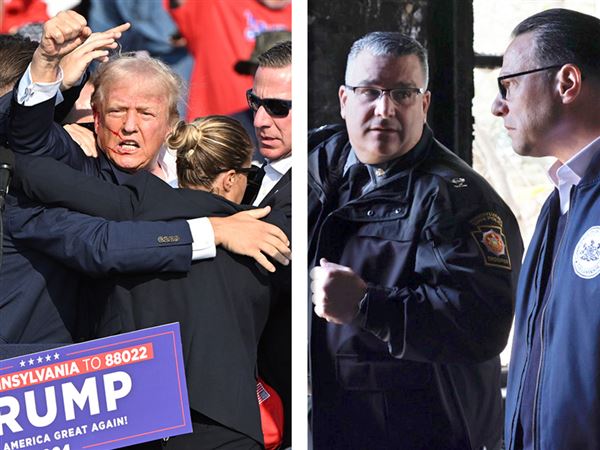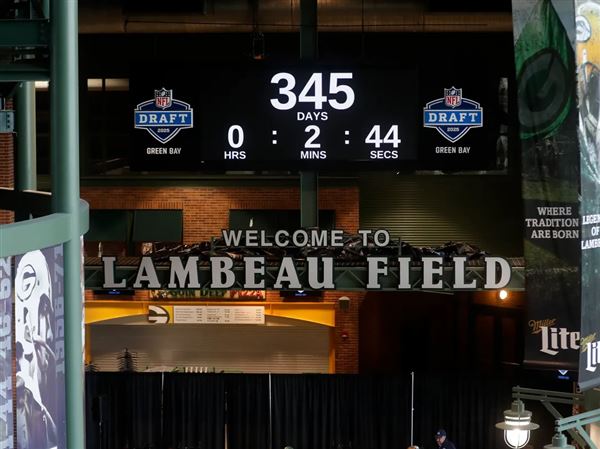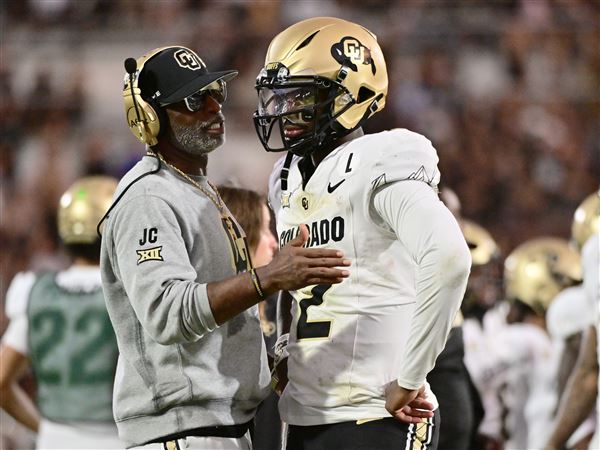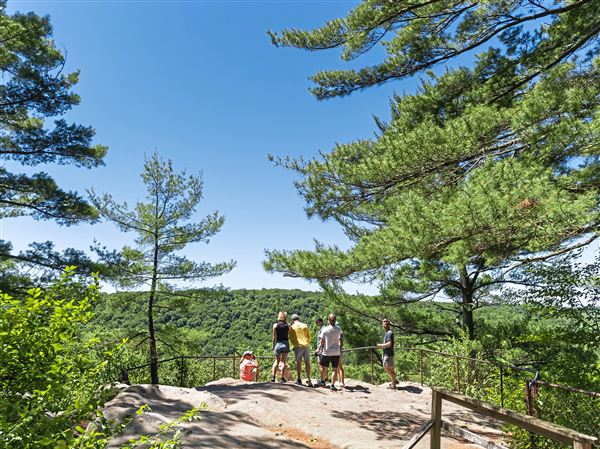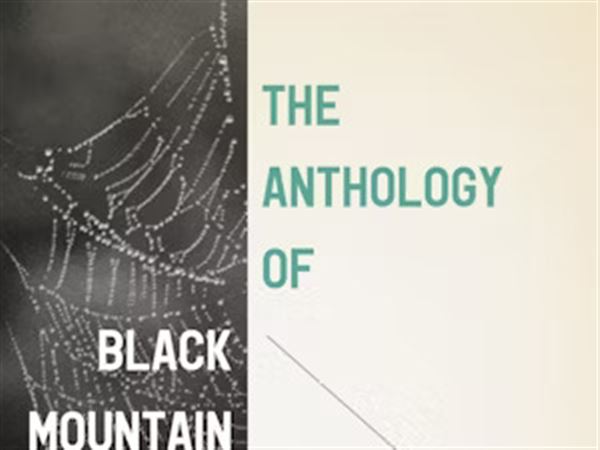CNN news anchor Wolf Blitzer will lead off the 37th Town Hall South Lecture and Luncheon Series. He and his wife have been married 31 years, almost as long as his journalism career, which has been going strong for nearly 35 years. His lecture is scheduled for Oct. 11 at the Upper St. Clair High School Theater. The series also includes New York Times editor Gail Collins (Nov. 1) and National Geographic photographer Sam Abell (Dec. 6). For tickets and a list of other speakers call 412-833-8503.
You have such a made-for-TV name.
[Laughing] It's my real name. And the most frequently asked question I get is, "Is that your real name?" I did not make it up for the Gulf War or anything like that, even though "Saturday Night Live" accused me of that, you know.
My maternal grandfather's first name was Wolf, not Wolfgang, just Wolf, and I was named after him. Blitzer has been the family name for generations and generations. Wolf Blitzer -- you can't make that up.
A radio commentator took offense to a comment you made regarding the people left behind in New Orleans during the Katrina disaster. I am paraphrasing, but you said they were very, very poor and very, very black. He seemed to think it had racial implications.
What I said was that so many of the people -- and I'm paraphrasing, too -- it was something along the lines that so many of the people were so poor and so black. What I was trying to underscore was that most of the people suffering in New Orleans were African American. Some people have tried to distort that or whatever, but it's just a fundamental fact. They were poor and they were black. ... So the question being asked by some African-American leaders and others was, "Would there have been a different response if the victims had been predominantly white?" [According to a CNN Gallup poll] the black Americans said, yes, there would have been a difference, and the white Americans said absolutely not. So one of our commentators, Jack Cafferty, was talking about the elephant in the room: this whole issue of race and poverty in America. That is how that whole issue came up.
Do find you have to be extremely careful with your choice of words and how you phrase things?
You have to be precise. You have to be specific, but you want to be accurate. That is first and foremost. You want to be on top of the story, but words do matter.
How do you respond to the accusation that the 24-hour news stations thrive on disasters and war?
I think what we try to do is bring the news to our viewers in a very comprehensive responsible way. I was interviewing Ted Turner, who created 24-hour news, just the other day. People thought he was nuts. They called it the Chicken Noodle Network, you know. People want to be able to watch the news whenever they can.
What about the smaller stories that get immense coverage when there is a disaster lull, like the missing girl in Aruba?
Look, I didn't do a lot on Natalee Holloway, but there are shows that like those crime stories. I don't have a problem with that, because in a 24-hour news environment there are certain shows that do hard news and others softer. Just like in a newspaper there is the front page with the hard news and then a style section and entertainment. If you can do it in a newspaper, I don't have a problem with doing it on a news channel. It doesn't always have to be serious, serious hard news.
What kind of effect has reporting so much bad news had on you?
Everything affects me personally. I remember when I went to Oklahoma City for the bombing there, and then 9/11. You deal with it. You are clearly upset. You are clearly emotional, but you try to be professional. New Orleans -- all these stories are so painful. You see a lot over 30 years and you try to be professional and responsible. A lot of the interviews you do can be very haunting.
How would you change news coverage if you could?
The facts: who, when, where and why. You tell the people the stories the best you know. If there is something you don't know, you be up front and make that clear. You always give the aggrieved party the chance to respond before you publish or go to air. That's just my kind of old-fashioned news values.

A portrait of Wolf Blitzer at the Republican National Convention in 2000.
Click photo for larger image.
First Published: October 3, 2005, 4:00 a.m.
